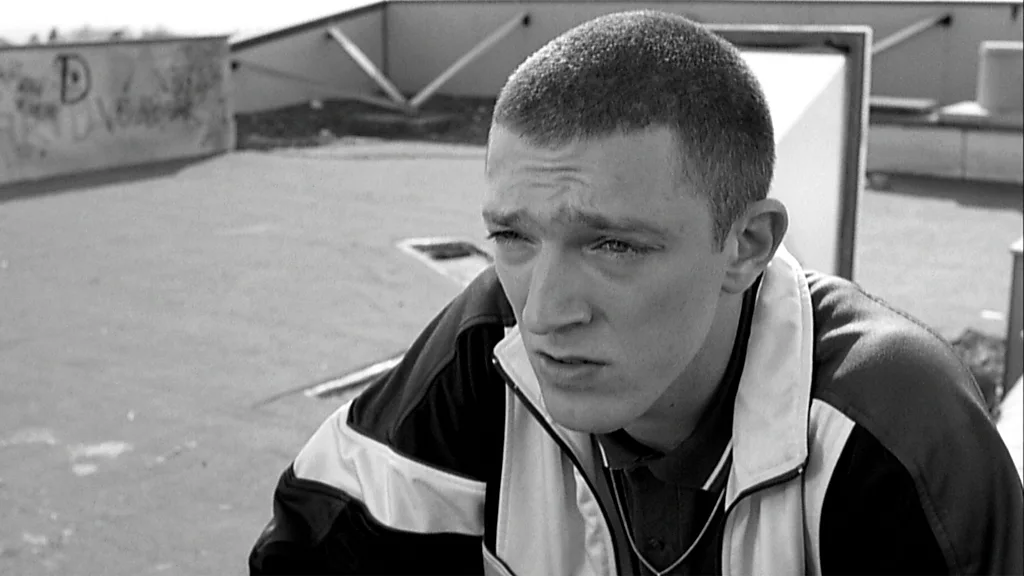
La Haine’s Musical Adaptation: A New Look at France’s Social Issues
Mathieu Kassovitz’s cult classic film, La Haine, has made a return in the form of a hip-hop musical adaptation in Paris. The 1995 film, a stark depiction of the lives of marginalized youth in France, tackled themes of police brutality, racism, and social injustice, which remain relevant today. The new adaptation arrives just after the tragic police shooting of Nahel Merzouk, an incident that recalls the events that originally inspired Kassovitz to create La Haine in 1995.
The film follows the story of three friends, Hubert, Vinz, and Saïd, who are living in the deprived suburbs of Paris. They represent a diverse blend of France’s multicultural population, and their experiences with police brutality were a powerful reflection of the challenges faced by many in the country. Despite its original release nearly three decades ago, the issues depicted in La Haine still resonate, highlighting ongoing struggles with racism, xenophobia, and inequality.
This new adaptation, called an “urban opera,” features 15 hip-hop tracks composed by French producer Proof. It brings the raw energy of the original film to a new generation of audiences, incorporating the dominant music genres of modern France: rap, R&B, and Afrobeats. These genres, which originated in working-class neighborhoods, have now become the country’s mainstream, though they are often ignored by the cultural establishment.
The relevance of La Haine has only grown over the years. The re-release of the film during the 25th anniversary coincided with the rise of the Black Lives Matter movement, and the recent police shooting of Nahel led the team behind the musical to change the subtitle from “So far, so good” to “So far, nothing has changed.” Kassovitz and the musical’s producers want this adaptation to spark conversations about ongoing injustices and ensure that audiences remember the deeper messages behind the film.
Kassovitz has acknowledged the limited ability of political films to instigate real change, but the cultural impact of La Haine cannot be denied. It paved the way for a generation of films focusing on life in the French banlieues, often created by filmmakers from these communities. Through the new adaptation, Kassovitz aims to keep the conversation alive, using music and performance to inspire audiences and reflect the unresolved issues still plaguing French society.
With powerful performances and compelling music, the La Haine musical adaptation strives to both entertain and remind audiences of the harsh realities that still exist for many people across France. The enduring message is clear: hatred breeds hatred, and the fight against inequality must continue.
External Link: Read more at BBC
Internal Link: Explore French cultural issues





